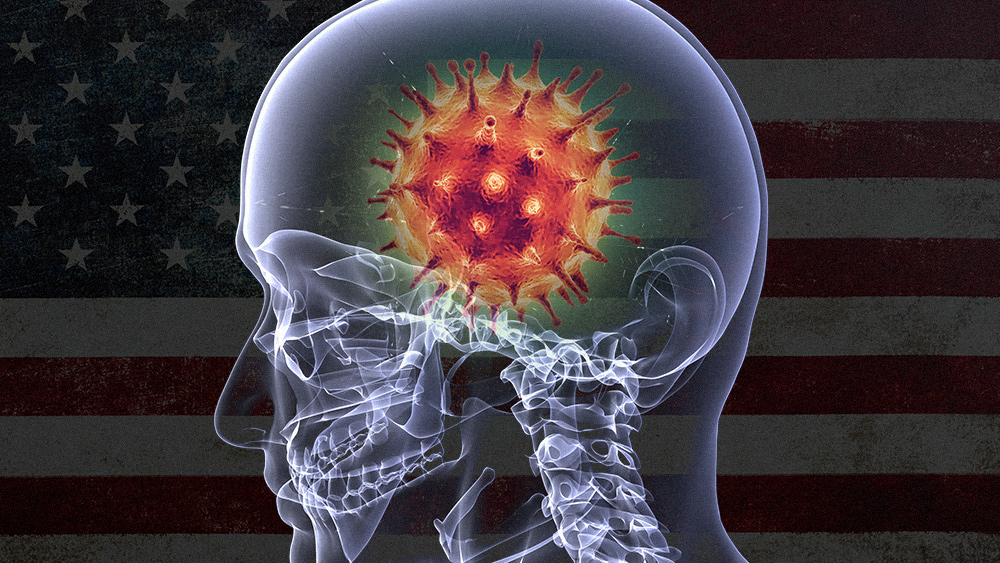
The research, published in the Journal of Clinical Psychiatry, focused on adult members of the Chinese-American community in Boston, ScienceDaily.com reported. The selection process limited the study to participants who were fluent in Mandarin or Cantonese and diagnosed with major depressive disorder ranging from mild to moderate. Participants should not have had a history of other psychiatric disorders, recent practice of tai chi or other mind-body exercises, or current use of any psychiatric treatments.
In total, the researchers were able to recruit 50 participants. They were divided into three groups. Seventeen participants were put in the first group, and were taught basic traditional Tai Chi, which they practiced in twice-a-week sessions and thrice-a-week home sessions over a period of 12 weeks. Participants were also asked to document their home practice.
Fourteen participants made up the second group, which came together twice a week for 12 weeks, taking part in educational sessions that covered topics such as stress, mental health, and depression. The sessions were conducted in either Mandarin or Cantonese. The remaining 19 participants were part of the third group, a passive control group that returned for repeat assessments over the study period and after it ended. The second and third groups were given access to free Tai Chi classes after the initial 12-week study period.
Results of the study revealed that depression symptoms improved greatly in participants who did Tai Chi, compared to participants from the other two control groups. A follow-up assessment of the group done at the 24-week mark revealed a continued improvement.
The findings are especially significant for Chinese-Americans, who tend to eschew conventional psychiatric treatment. Tai Chi is seen as a potential alternative treatment that is more culturally accepted within the community.
"If these findings are confirmed in larger studies at other sites, that would indicate that Tai Chi could be a primary depression treatment for Chinese and Chinese American patients, who rarely take advantage of mental health services, and may also help address the shortage of mental health practitioners," said the study's lead author Albert Yeung, an associate professor of Psychiatry at Harvard Medical School. "We also should investigate whether Tai Chi can have similar results for individuals from other racial and ethnic groups and determine which of the many components of Tai Chi might be responsible for these beneficial effects."
Depression is not just common among the Chinese-American community, but also in the United States in general. In fact, according to the Anxiety and Depression Association of America, it is among the most common mental disorders in the country, affecting about 15.7 million adults above the age of 18 in 2014 alone. At any given time, three to five percent of adults will experience major depression, which is a condition that causes a patient to feel despondent, hopeless, unmotivated, or uninterested in life for an extended period of time (more than two weeks).
Major depression is one of the three main types of depressive disorders. Its symptoms include a persistent feeling of emptiness or sadness, hopelessness or pessimism, loss of interest in hobbies and activities, fatigue, insomnia or oversleeping, difficulty concentrating, restlessness, a preoccupation with death, and physical symptoms such as persistent headaches or digestive problems that can not be attributed to a cause and do not respond to treatment. These symptoms are often debilitating, and typically interfere with a patient's life. The symptoms may manifest following a traumatic or stressful event, such as the death of a loved one, the end of a relationship, or the diagnosis of a medical illness. In many cases, however, the depressive symptoms happen for no apparent reason.
Treatments include psychiatric medication, cognitive behavior therapy, dietary interventions, and regular exercise -- though not all patients respond well to the same treatment.
Get more updates on Psychiatry.news.
Sources include:
Please contact us for more information.























